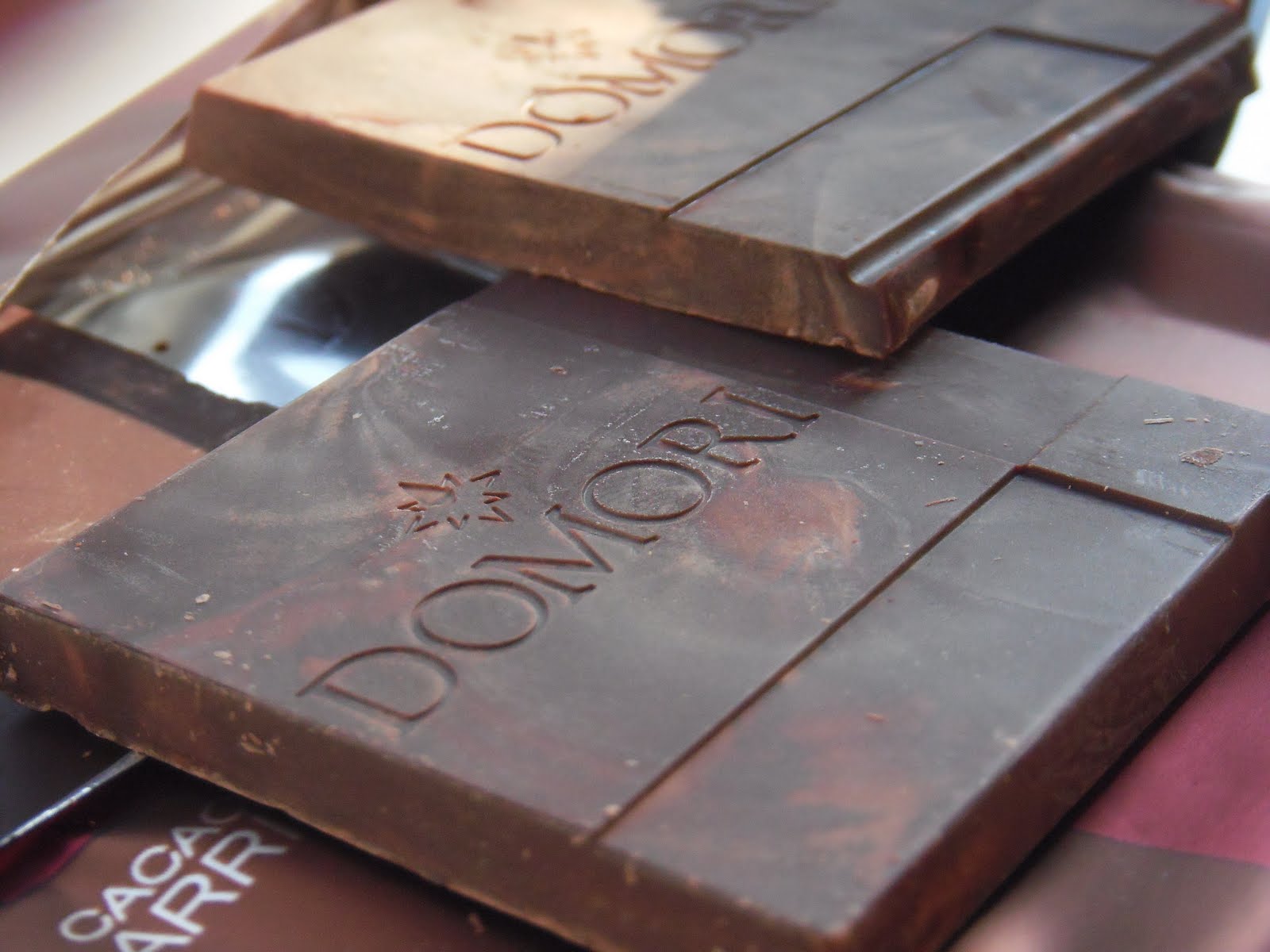Can chocolate, the ultimate “guilty pleasure” actually be good for us? Is all this media attention on chocolate and its benefits justified? Or is this simply a case of chocoholic justification? Depends on the chocolate.
Much ado is being made about the…uhh…“health” properties of chocolate. It’s everywhere:
“Study Hails Chocolate’s Benefits”
“Boosting Brain Power – With Chocolate”
“Chocolate is Good for Health”
“New Research Endorses Chocolate”
Now, come on, can all this “news” really be true?
Can chocolate actually be good for us?
Well, let’s ask Cornell researcher Chang Lee, chairman of the Department of Food Science and Technology. Comparing the antioxidant content and activity of green tea, red wine, and cocoa, Lee and his team found that cocoa has nearly 2x the antioxidants of red wine and up to 3x the antioxidants of green tea!
“If I had made a prediction before conducting the tests, I would have picked green tea as having the most antioxidant activity.” said Lee. “When we compared one serving of each beverage, the cocoa turned out to be the highest in antioxidant activity, and that was surprising to me.”
You see, it appears that cocoa contains powerful antioxidants called polyphenols – yep, the good stuff found in grapes, berries, and wine. Further, cocoa contains a healthy dose of catechins and epicatechins – that’s right the good stuff found in green tea.
But hold on a second…before you rip open that Snickers bar, it’s important to note that we’re talking about COCOA here, not milk chocolate. You see, there’s a big difference!
Milk chocolate typically contains sugar, cocoa butter, cocoa liquor, milk or milk powder, and vanilla as the base ingredients. And something like Snickers contains much more including lactose, soy lecithin, artificial flavor, corn syrup, milk fat, partially hydrogenated soybean oil, salt, egg whites, and more.
All this means that you’re getting very little real cocoa per bite! So I pretty much avoid milk chocolate like the plague as it’s 100% junk food, plain and simple.
Real chocolate – the high % cocoa healthy stuff – is another story.
Real chocolate is a very simple product. It contains cocoa. And it contains cocoa butter. That’s it. And as a result of this simplicity, real chocolate has virtually no sugar, is high in fiber, and is loaded with maximal doses of polyphenols and catechins!
Check out the nutritional profile of a 50g bar of healthy, 100% cocoa chocolate:
100% cocoa, 50g
250kcal
7g protein
13g carbs (0.5g sugar, 8g fiber)
24g fat (16g sat fat)
Now, moving down the scale of “healthiness”, let’s look at some other options:
85% cocoa, 50g
260kcal
5g protein
10g carbs (6.25g sugar, 3.75g fiber)
22.5g fat (14g sat fat)
70% cocoa, 50g
275kcal
3.75g protein
16.25g carbs (13.75 sugar, 2.5g fiber)
21.25g fat (12.5g sat fat)
Snickers Bar, 50g
282kcal
4g protein
35g carbs (30g sugar, 1g fiber)
14g fat (5g sat fat)
Notice that the farther we move from the high cocoa chocolate, the following happens:
1) We get more calories
2) We get more sugar
3) We get less protein
4) We get less fiber
It’s also important to note that as the % cocoa goes down, we usually get fewer and fewer antioxidants while adding more and more artificial ingredients.
My conclusion:
If you’re going to eat chocolate at all, go 100% or go home.
Just make sure you do so in moderation as, unlike Green Tea, all chocolate contains a fair amount of calories and this needs to be considered as you try to work it into your Precision Nutrition eating plan.
My preference:
Domori’s 100% varieties. These guys do some of the best chocolate in the entire world. Check them out at www.domori.com

Note:
Interestingly sports supplement companies have now begun selling a cocoa extract called chocamine that is meant to provide the stimulation and health benefits of chocolate without any calories, sugars, or fats.
According to David Tolson of 1fast400.com:
“Chocamine contains numerous constituents, including methylxanthines (theobromine, caffeine, and theophylline), biogenic amines (phenylethylamine, tyramine, and according to one source, synephrine), amino acids (phenylalanine, tryptophan, tyrosine, others), minerals (with a high content of magnesium), numerous beneficial antioxidants, and possibly some non-psychoactive cannabanoid-related compounds.
The combination of these multiple ingredients produces a unique effect. Promotional literature makes many positive claims about chocamine, including increased energy, appetite suppression, increased lipolysis (fat burning), improved mood, improved concentration, increased alertness, improved physical performance, aphrodisiac properties, and health benefits.”
If you’re a coach, or you want to be…
You can help people build sustainable nutrition and lifestyle habits that will significantly improve their physical and mental health—while you make a great living doing what you love. We'll show you how.
If you’d like to learn more, consider the PN Level 1 Nutrition Coaching Certification. (You can enroll now at a big discount.)


Share